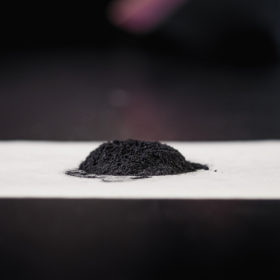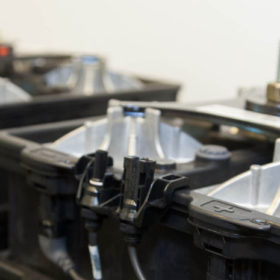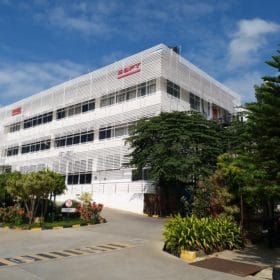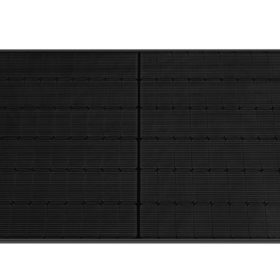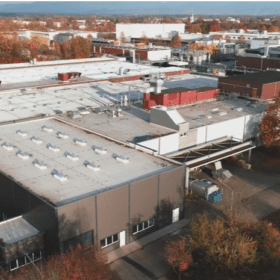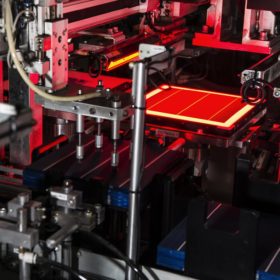The long read: Dial manganese for battery stability
Often sidelined by nickel and cobalt when it comes to batteries, the metal manganese is finding proponents in science and industry – in particular, by those attempting to avoid supply and cost issues. Ian Morse reports on the role of manganese in battery cell production.
Cabinet approves INR 18,100-crore incentives for advanced battery storage production
The production-linked incentive scheme for battery storage, with an outlay of INR 18,100 crore (US$ 2459 million), is intended to build a cumulative 50 GWh of advanced chemistry cell (ACC) and 5 GWh of ‘niche’ ACC production facilities in India.
Electric car maker Triton-EV registers India office
The US-headquartered company has registered its Indian arm by the name of Triton Electric Vehicles India in New Delhi as it plans to capture the nation’s growing EV market. It is also in discussion with a few states to set up a factory.
Roshan Energy signs lithium battery production agreement with US firm
The Telangana-headquartered lithium-iron-phosphate (LFP) battery manufacturer has teamed up with Las Vegas-headquartered Barrel Energy to develop and manufacture lithium batteries for electric vehicles. The joint venture will establish factories in India and North America.
Electric vehicle transition presents US$266-billion investment opportunity this decade
A new report by government thinktank NITI Aayog and Rocky Mountain Institute (RMI) identifies financing as one of the hurdles for India’s electric mobility transition. It proposes solutions to lower the cost and increase finance for electric vehicles in the nation.
Saft rebrands its products made in India
The rebranding to Saft Urja—from Amco Saft—reflects the battery manufacturer’s strategic approach to better leverage the Indian market. The company has also announced plans to increase its production capacity at Bangalore factory by 20%, enhance the workforce at its design office and launch new industrial battery products for India region.
Panasonic launches module series compatible with its Evervolt battery
Available in four different products, the series features a conversion efficiency of 20-21.2%. Two of the panels are packaged in a sleek, all-black aesthetic.
India’s 2030 electric vehicle ambition could create INR 85,900-crore battery opportunity
A new report says that the nation would require an estimated annual battery capacity of 158 GWh to realize its 2030 electric vehicle (EV) adoption target. Meeting this potential demand would require investments exceeding INR 85,900 crore (US$ 12.3 billion) in case battery manufacturing is 100% indigenized.
Exide Industries increases stake in lithium battery JV with Leclanché
With an additional investment of INR 33.17 crore, Exide Industries’ shareholding in the joint venture company has increased by 2.28% to 80.15% of the paid-up equity share capital.
Cabinet approves INR22600-crore budget for solar module and advanced battery manufacture
An ambitious, INR146,000 crore, five-year expansion of a previous domestic industry spending program includes money to attract investment into the sustainable energy and transport technologies.
